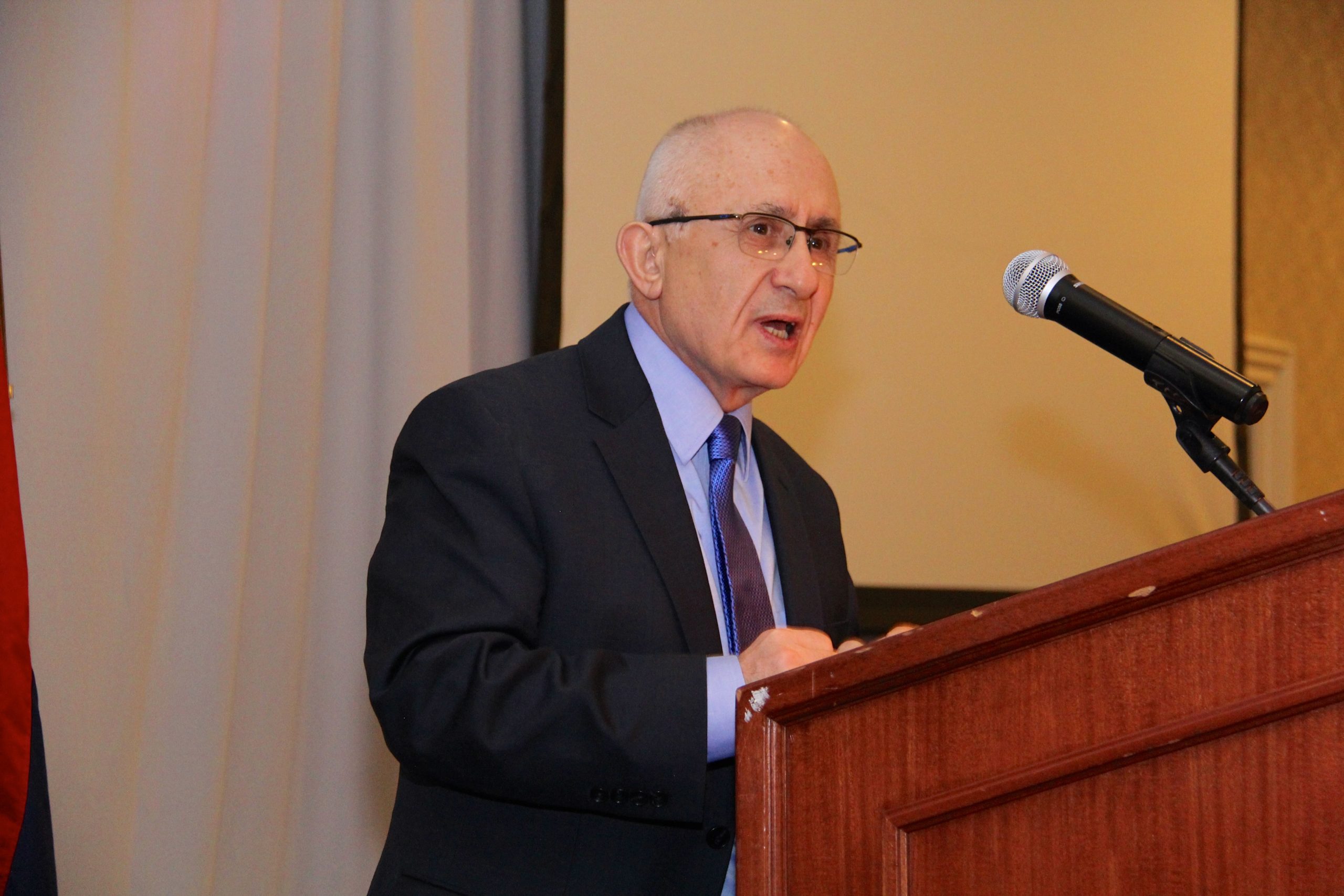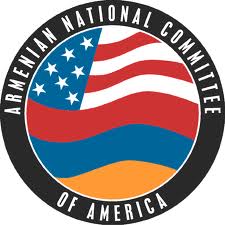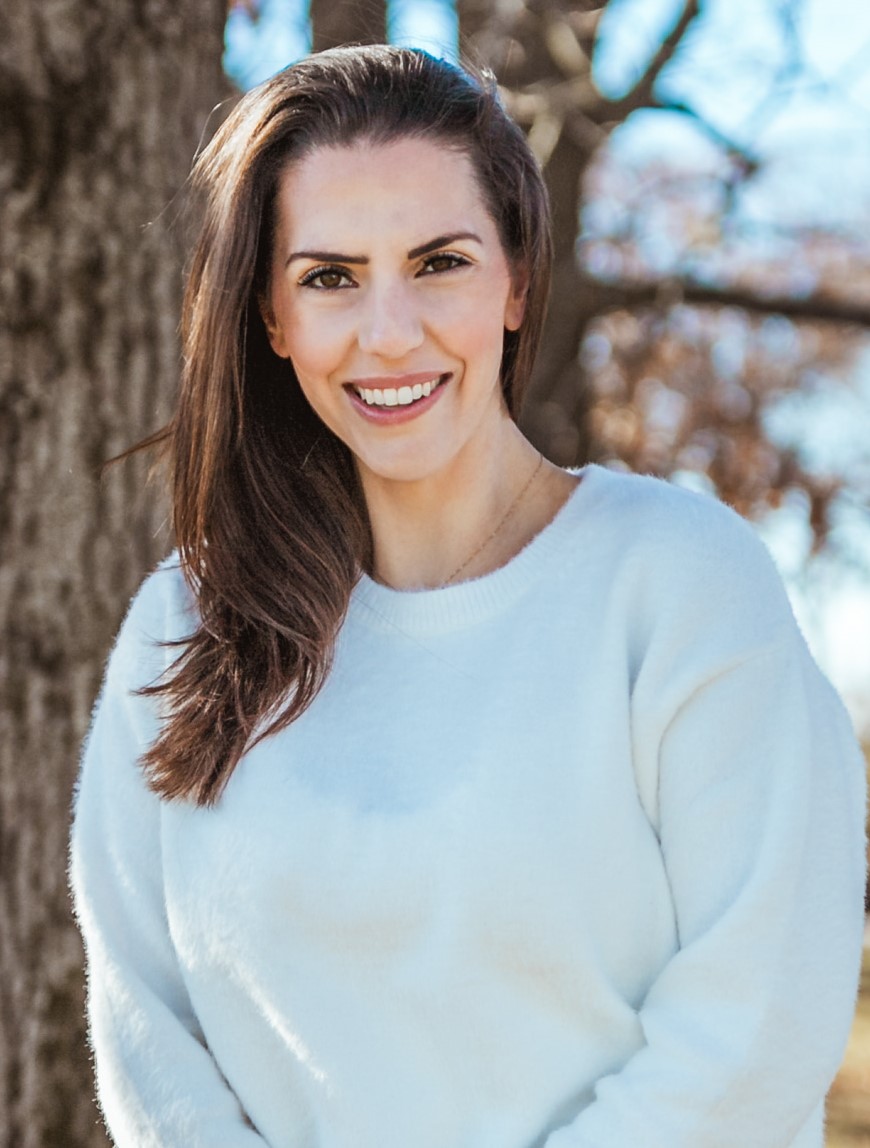
Armenian Weekly: For the past seven years, you have served as Executive Director of AYF Camp Haiastan. As you are now preparing to change careers and you reflect on these seven years, what do you feel are your biggest accomplishments?
David Hamparian: From program changes to the obvious capital improvements, I left no stone unturned and attacked everything from the first day on the job until today. The record attendance levels, over $1.5 million dollars in upgrades, far greater financial stability and operational upgrades across the board speak for themselves. Hopefully my greatest accomplishment was improving the culture: being insistent that a safe and wholesome Armenian camping experience for all should be the priority of all Board members, staff and AYFers. If any of the mentoring I did impacted the campers or staff, I would be gratified as well.
A.W.: It must be bittersweet as you are preparing to leave. How are you coping with that emotion?
D.H.: To me the email I received from Bob Avakian is most relevant. “You have done an outstanding job as Exec. Director. You can hold your head high. No one has accomplished as much as you have. And no one who hasn’t held the position can appreciate the complexity, burden and stresses of the job.” Coming from the Executive Director who truly did the most, [that was] the nicest and most meaningful response I received after I announced that I was moving forward from Camp Haiastan.
Camp Haiastan had a hold on me from my seven years as a camper. Working as a Summer Director was the most rewarding job I have ever had [and] also one of the hardest. Those experiences along with having managerial experience [and my] experience as a father of campers have brought me full circle. In baseball terms, “I’ve hit for the cycle”—done almost everything I ever set out to accomplish in an almost eight-year span. That hold never leaves you, and it will be bittersweet, especially when you have cared for camp with all your heart and soul like I have. There will be tears…
A.W.: One of your major achievements was bringing Camp Haistan’s financials to a robust and sustainable level, providing stability for many years to come. Can you explain how this was achieved and the role benefactors and organizations played in this effort?
D.H.: One word: empathy. People can see the sincerity in my eyes. They can hear it in my voice as I speak of the value of Camp Haiastan to our youth. They knew I would follow up and keep my promises to them. Trust. Passion. Determination. You take any of these attributes, and I can show you the same qualities in our major donors and organizations. Dikran and Maro Muguerditchian—the heartwarming stories I could tell you about them, saving the camp when we desperately needed hundreds of thousands of dollars to redo our septic system leading to the new showers and bathrooms being built. Gregory Arabian’s relationship grew as a result of him being the executor of an estate that was leaving money to Camp Haiastan. Each time he visited, the reception was stronger and stronger until the expansion and renovation of the Directors’ Quarters was funded by his vision and a desire to make a huge difference in the lives of our youth. Nancy Guzelian has always had a strong sense of community and often spoke of dreams she had in improving Armenian organizations and places like Camp Haiastan. The new staff lounge and new laundry were funded by her generosity, in addition to her other sizable donations utilized for major projects such as a new well. The entire family has had decades of continuous support in all areas of Camp Haiastan, from picnics to the current Chairman of the Board of Directors, Michael Guzelian.
The financial support from organizations like the Armenian Relief Society (ARS) has been the lifeline of our programs. The educational programs and improvements have been largely underwritten by fundraising by dozens of hard-working members of the region’s ARS chapters or family donations like the Bagian Trust that annually pay for Armenian school supplies or teaching aids such as technology improvements. The Armenian Youth Foundation has been raising funds for various Armenian causes while maintaining Camp Haiastan as one of its major benefactors. This year they are funding most of the renovation costs of the old washstands, helping us convert this building to a new cabin, “Bunk Five.” Many sizable grants have been approved by the Foundation over the years, resulting in multiple upgrades to our infrastructure.
A.W.: You were not only an Executive Director, but also a previous Summer Director and a Camper. How do those three different roles complement and compare to each other?
D.H.: Summer directors have the toughest and most challenging job. I still don’t know how Baron Pete Jelalian worked as many complete summers as he did. I certainly feel that having done the job (and having filled in multiple sessions while being Executive Director at the same time) gave me valuable perspective on the challenges faced and certainly made me a much more effective Executive Director. I spent a lot more time at the lower camp over the years, more than I expected because the job has more complexities with each passing year and thus needs more hands-on support. As a camper, I can remember all the highs and lows, how a good counselor would perform through the eyes of a camper. The Golden Rule works in all aspects of life. Remember how you would like to be treated and act accordingly.
A.W.: What are your recommendations to the Board and Summer Directors to keep the program fresh, interesting, effective and challenging?
D.H.: Why not have Armenian school in the refurbished air-conditioned rec hall in the afternoon when it is hotter outside and have some of the physical activities in the morning when it is cooler? Why not have instructional swim right before free swim after the temperatures have risen in both the pool and outside? Why not do this so staff and campers don’t have to change twice? Why not add an activity period to teach water safety for boating which might create enough time to teach kids to swim and maybe receive a Red Cross Certificate of Completion in Swimming like the old days? Why not add a Gagaball pit as a new activity? I planned for Vartevar to be celebrated at a water park one year. Kids loved it. It takes a lot of preparation and 360 degree thinking, but it can be done.
I think each summer is a learning experience for all of us. Some program initiatives work, some slightly less. Keep the core of the program and make slow, gradual change. Camp traditions are important, but we need to be open to innovation and the fact that the needs and wants of our parents and campers are changing with time. I think a great example of listening to our customers are the advancements made in registration over the years.
Digin Seran and Digin Ani text me constantly with new ideas. I don’t think I ever stop analyzing what we do and how we do it. I think today’s youth have shorter attention spans and get bored a bit easier. From creating new Armenian lesson plans that are interactive to new programs or activities, the Board of Directors is aware of these challenges we face with the myriad of options the youth and their families face when making summer plans.
A.W.: What makes Camp Haiastan so unique? There are several other Armenian camps throughout the world, including some in the United States, and there are many summer programs for Armenian youth. From your perspective, what is special about Camp Haiastan? It is entering its eighth decade and is on the cusp of serving its fourth generation.
D.H.: It’s a funny question to ask, because I only know Camp Haiastan in some ways. I have observed and asked about other camps from time to time but have always believed we are leaders in the field because of our track record and reputation. There is certainly room for improvement and growth, but I think we have a model that works and has worked for a long time. You say “Camp Haiastan,” and it conjures up feelings that are unique but common to anyone who has been a camper, a staffer or a parent of either.
I have often said that there are two important facets of Camp Haiastan the community should understand if they don’t already. First, 722 Summer Street is just real estate without our shared identity. Created for our youth 70 years ago as a place to learn and form lifelong friendships, the founders’ goals were met. Second, Camp Haiastan is the glue of the Armenian youth and the AYF in my opinion. Sunday School, Armenian schools, Homenetmen, AYF all play important factors in teaching and joining our youth from different locations, but Camp Haiastan does it for two weeks and campers and staff leave with a newfound appreciation for what life might have been like had our ancestors not had their lives ended and or shattered during the Genocide. This was how our youth was supposed to be. Even as a timid camper in my youth, I always knew this place was special. May the next generation care for Camp Haiastan with the reverence it deserves.
Thanks to all who have played such a vital role in assisting me, from Bob Avakian to Pete Jelalian, from the first Board of Directors to the last one, from campers who gave me reasons to smile every day in the summer to staffers who worked tirelessly, to every donor or friend that sent a dollar or built a walkway with me, to parents who believed in us and trusted us, to my family for their patience, and my assistant Stephanie Sudjian, Claudia Antranigian, Carol Jaffarian and Dr. Andre Markarian. It truly does take a village.
The post A Safe, Secure and Updated Camp Haiastan: The Legacy of Dave Hamparian appeared first on The Armenian Weekly.









 Dixon’s Dark Pasts analyzes the trajectories over the past 60 years of Turkey’s narrative of the Armenian Genocide and Japan’s narrative of the Nanjing Massacre, while Boyadjian’s The City Lament focuses on elegies and other expressions of loss that address the spiritual and strategic objective of the early Crusades—i.e., Jerusalem—through readings of city laments in the English, French, Latin, Arabic and Armenian literary traditions.
Dixon’s Dark Pasts analyzes the trajectories over the past 60 years of Turkey’s narrative of the Armenian Genocide and Japan’s narrative of the Nanjing Massacre, while Boyadjian’s The City Lament focuses on elegies and other expressions of loss that address the spiritual and strategic objective of the early Crusades—i.e., Jerusalem—through readings of city laments in the English, French, Latin, Arabic and Armenian literary traditions. Prof. Boyadjian conveyed that she is “deeply honored by the 2019 Dr. Sona Aronian NAASR book prize in excellence in Armenian Studies,” and explained that “for over a decade the subject of medieval lamentation has been on my mind. The idea for this book came from the desire to understand how other cultures translated the loss of their land and spaces deemed sacred to them. As someone whose grandparents survived the Armenian Genocide, and who along with my parents were forcefully deported from their homes, I started to examine more closely what it meant in the medieval Mediterranean world to mourn the loss of fallen cities—to lose the place one called ‘home.’ I came to find that despite differences, many ethno-religious groups reflected on this matter in similar ways in their literary traditions. I am indebted to the continuous support and encouragement of my family, friends, and colleagues, without whom this book would not be possible.”
Prof. Boyadjian conveyed that she is “deeply honored by the 2019 Dr. Sona Aronian NAASR book prize in excellence in Armenian Studies,” and explained that “for over a decade the subject of medieval lamentation has been on my mind. The idea for this book came from the desire to understand how other cultures translated the loss of their land and spaces deemed sacred to them. As someone whose grandparents survived the Armenian Genocide, and who along with my parents were forcefully deported from their homes, I started to examine more closely what it meant in the medieval Mediterranean world to mourn the loss of fallen cities—to lose the place one called ‘home.’ I came to find that despite differences, many ethno-religious groups reflected on this matter in similar ways in their literary traditions. I am indebted to the continuous support and encouragement of my family, friends, and colleagues, without whom this book would not be possible.” Prof. Balakian remarked that “it’s an honor to receive the Aronian Prize given by NAASR—book prizes matter because they remind the wider world that artistic and intellectual work matter, that books and works of imagination are the center of any culture’s communal life. Without literature, art productions, and scholarship there is no glue to keep a culture cohesive and vital, to keep a culture—a culture.” Arkun observed that “NAASR and the Aronian Prize are playing an important role in supporting intellectual work in a period where social media seem to have taken first place in the attention of many in the West and in the Armenian community as well. The extended work of research and writing on Armenian history and culture must continue so that there is a reliable and perpetually renewed foundation for popularized transmission of knowledge.”
Prof. Balakian remarked that “it’s an honor to receive the Aronian Prize given by NAASR—book prizes matter because they remind the wider world that artistic and intellectual work matter, that books and works of imagination are the center of any culture’s communal life. Without literature, art productions, and scholarship there is no glue to keep a culture cohesive and vital, to keep a culture—a culture.” Arkun observed that “NAASR and the Aronian Prize are playing an important role in supporting intellectual work in a period where social media seem to have taken first place in the attention of many in the West and in the Armenian community as well. The extended work of research and writing on Armenian history and culture must continue so that there is a reliable and perpetually renewed foundation for popularized transmission of knowledge.”















 This workshop will be presented by Suzanne Shera, the author of Lightlab of Philadelphia, PA. Suzanne is a scientist and math and science teacher with degrees in Physics and Optical Engineering. Suzanne will be teaching children the correlation between science and faith. The program will include worship, hands-on science discovery and Biblical lessons. The lessons will center
This workshop will be presented by Suzanne Shera, the author of Lightlab of Philadelphia, PA. Suzanne is a scientist and math and science teacher with degrees in Physics and Optical Engineering. Suzanne will be teaching children the correlation between science and faith. The program will include worship, hands-on science discovery and Biblical lessons. The lessons will center







